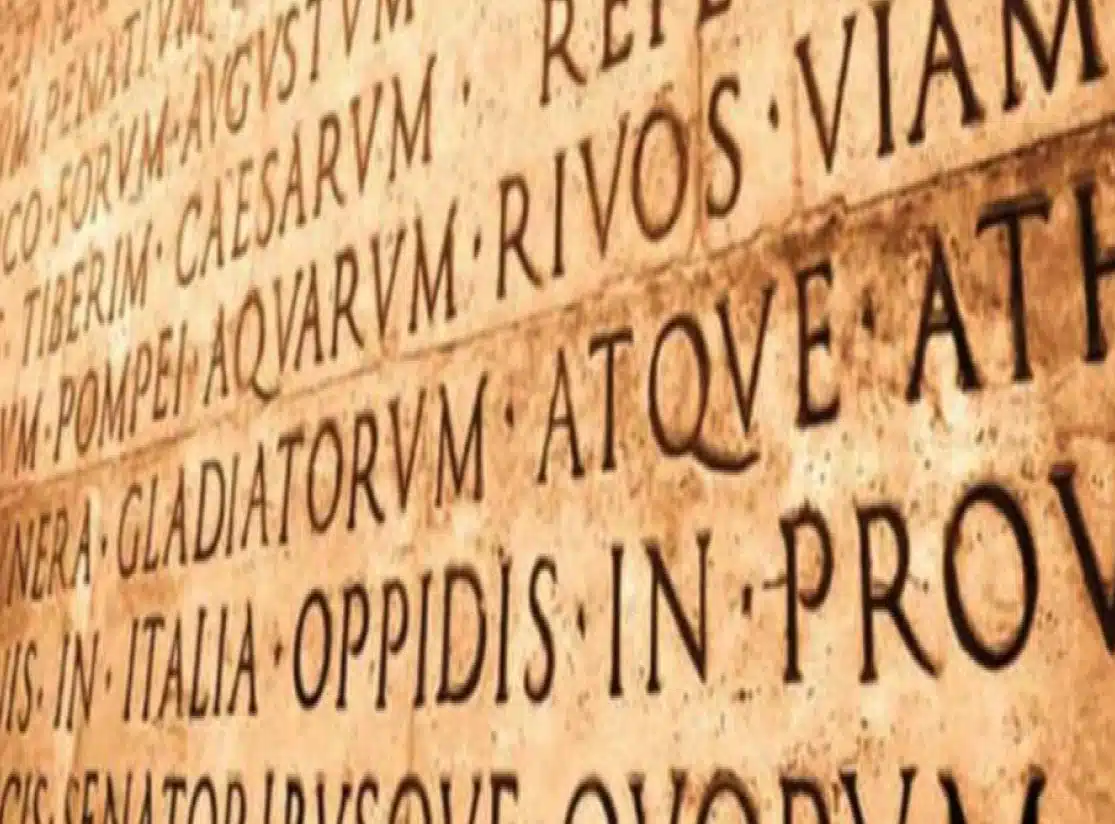‘Studying Mediterranean antiquity superbly equips individuals to think socio-politically and to persuade other people orally, visually and in writing. It hones transferable skills like source criticism and culturally relativist analysis. It’s a perfect A level to do with any other subject because the Greeks invented all academic disciplines, including Medicine and Material Science. It gets school-leavers and graduates great jobs and gives them nourishing and beautiful brain-food for non-working hours for life.’
Edith Hall, Classics Professor at Kings College London
The study of Latin continues on from GCSE. Language lessons introduce further elements of grammar so that, by the end of the course, pupils are able to translate unseen passages of unrevised Latin. Alongside the study of the language itself is the study of the set texts. These are both prose and verse. Pupils will study the speech of Cicero, considering not just its meaning, but also its socio-political context and its literary value. The verse selection is from the Aeneid, one of the greatest works of Western poetry. Pupils will learn to give a personal response to the poetry and its genre.
Assessment
Component 1:
Unseen translation of a passage of Latin prose.
Component 2:
Prose composition or comprehension. In the composition paper candidates will be required to translate a short passage of English into Latin prose. For the comprehension paper candidates will answer questions about a passage of Latin prose.
Component 3:
Prose literature: Pro Cluentio by Cicero. This speech offers scandal and salacious affairs as we hear about the relationship between Oppianicus the Elder and Sassia. This speech reminds us of the affairs of a TV show with lots of gossip, mischief and murder.
Component 4:
Verse literature: selection from Aeneid XII. This selection highlights the end of Virgil’s Aeneid. In the end of this epic poem, pupils will explore what it really takes to become a hero and founder of Rome. We must ask the question, is it right to be peaceful or vengeful.
Examination Board: OCR
Specification: H505
Mr C. Carroll – Head of Classics
SIXTH FORM




